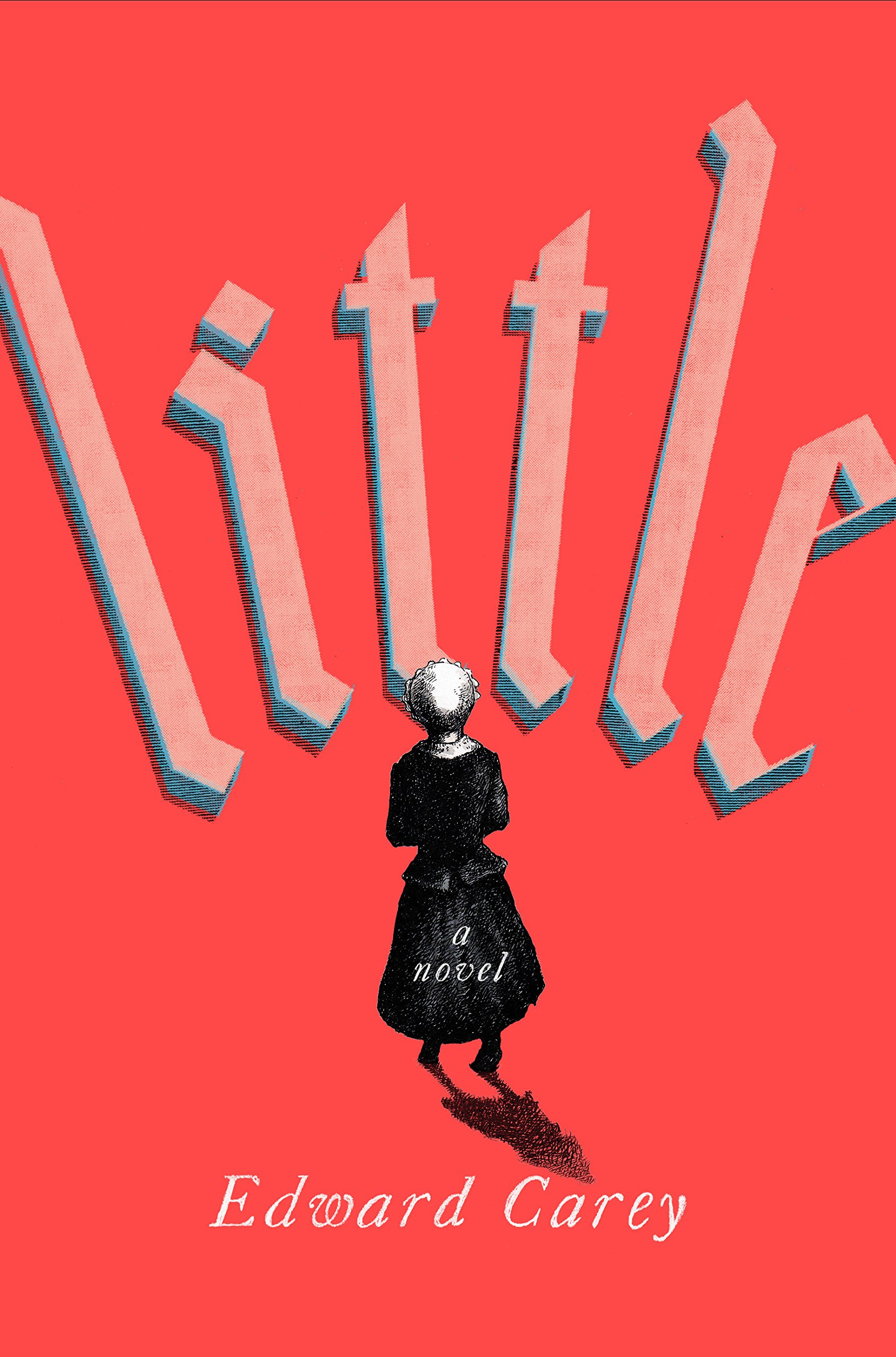

These short stories are fucked up in the best possible way.
In trying to describe this collection, I find myself continually going back to the language of surgeries, operating rooms. Bora Chung’s stories are razor sharp in more ways than one. Her writing is exact, pared back, seemingly sanitized–but what it narrates is anything but. A story (“Snare”) will begin with a simple, “This is a story I once read long ago,” and then, couched in this fable-esque beginning, will proceed to give you a narrative about capitalism, greed, cannibalism, and abuse with almost surgical precision. It’s a testament to Chung’s control and skill as a writer that despite the seeming simplicity of her writing, her stories are not lukewarm but chilling. It’s the kind of writing that just works so well for a collection like this because it doesn’t try to adorn the story with what it doesn’t need; it instead lets each story stands on its own two feet, allowing it to effectively deliver whatever twisted, horrific, unsettling, or disturbing narrative it’s trying to present.
And let’s be clear, these stories are unsettling (to say the least). If we’re still going with the surgical imagery then: some stories nick and some stories slice; some dispense with just enough detail for the narrative to unnerve and then linger, and some are just full throttle, no holds barred. Regardless of how dark they are, though, Chung’s stories approach darkness in different ways, and they’re not all tragic, per se. Some stories–“Snare,” “Scars,” “Ruler of the Winds and Sands”–read like fables, like some dark fairytales lost in time. Others narrow their focus on the interpersonal, especially “The Head” and “The Embodiment,” which both foreground how women relate to their own bodily autonomy, or lack thereof. More broadly, though, I think these stories are interested in the ways that the supernatural–widely understood as encompassing things that are “not real,” whether magical beings or hungry monsters or ghosts–can interact with and distort already distorted human relationships. The supernatural in Cursed Bunny highlights the overlooked by making it literal, exaggerating it, placing it in unexpected contexts.
(Favourite stories include “The Embodiment,” “Cursed Bunny,” “Snare,” and “Scars.”)
Basically: this is an excellent and incredibly compelling short story collection. Bora Chung might be a new favourite author, and I can’t wait for more of her work to be translated into English (as it was Anton Hur’s translation of this was pitch perfect).
Thanks so much to Honford Star for sending me an e-copy of this in exchange for an honest review!

Blog | Goodreads | Twitter | Instagram









